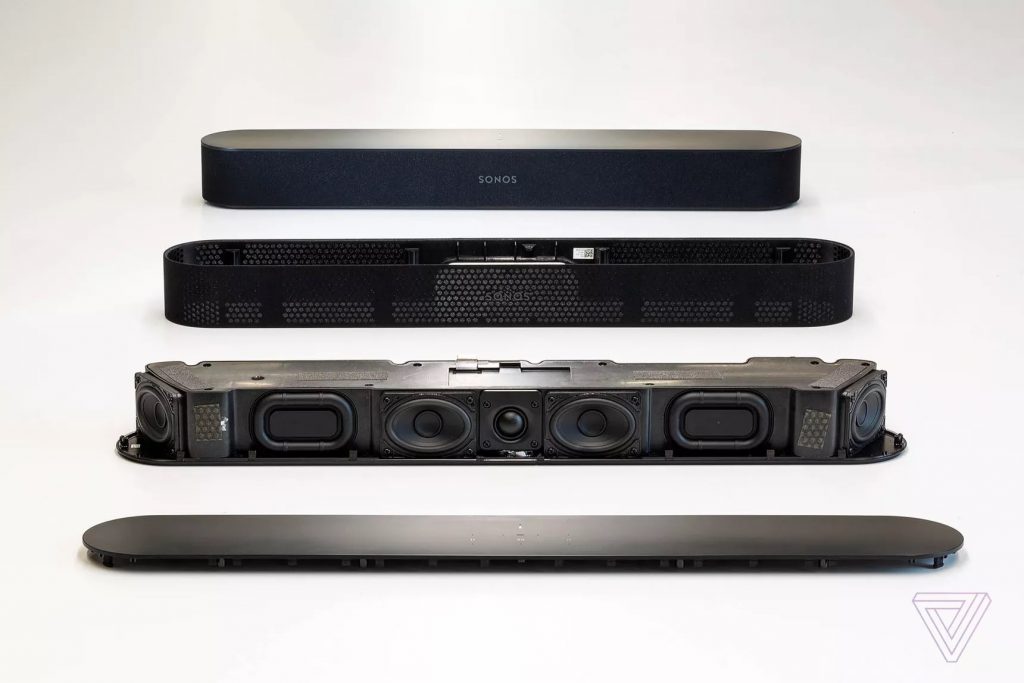https://www.youtube.com/watch?v=-qCanuYrR0g&feature=youtu.be
Google Duplex is a pretty interesting experiment in psychology: relative to the normal Google Assistant voice, the one used in the reservation phone call is full of normal human speech “disfluencies”…ums, and ahs, etc. As far as the Google Assistant (and Alexa, etc.) have come, the duplex voice sounds far more natural and less robotic.
I’m sure the science behind the disfluencies (DFs) is probably really cool — though maybe Duplex is rigidly scripted and thus only as cool as a well written dialog — and it makes me wonder whether this is a preview of where the voices of assistants are going. Apparently there is some debate amongst linguists about the role of DFs: do they service a purpose (like filling a gap in conversation so as not to cede control), or are they merely sloppy?
Anyway, in AI driven personas, you wonder whether the amount of DFs will be tuned based on the need to develop trust. In the video above, the guy at the restaurant doesn’t know the caller. Why does Google need to make him think he’s a person, or person-like? Would the result of the call be different if it was a super mechanical robo voice, instead of the chill bro like one? Would the restaurant guy just hang up?
I have a hard time believing that people will get very comfortable talking at length to an AI if it feels very transactional. That’s fine for the occasional score or weather report. But if the goal is for a person to have, well, a relationship with a bot — as weird as that sounds now — it can’t sound like an IVR. The dialog I have with a close acquaintance changes all the time: start of a work meeting banter, then crisp discussion. Or at home: my pre-coffee grunts vs. dinner conversations. Will a principle AI you’re interacting with have to adapt on the fly to your mood, or the content/context? Getting perky, upbeat responses when you’re stressed and late to a meeting will be annoying.
Siri is Siri, 24 hours a day. No one wants that for any extended conversation. I wonder how far off we are from having the ability to “summon” the AI you want at the time. “Hey Siri, summon Phyllis, the one with the limitless supply of racy jokes.” Or, “Hey Siri, summon Paranoid Joe, the guy with the conspiracy theories.”




